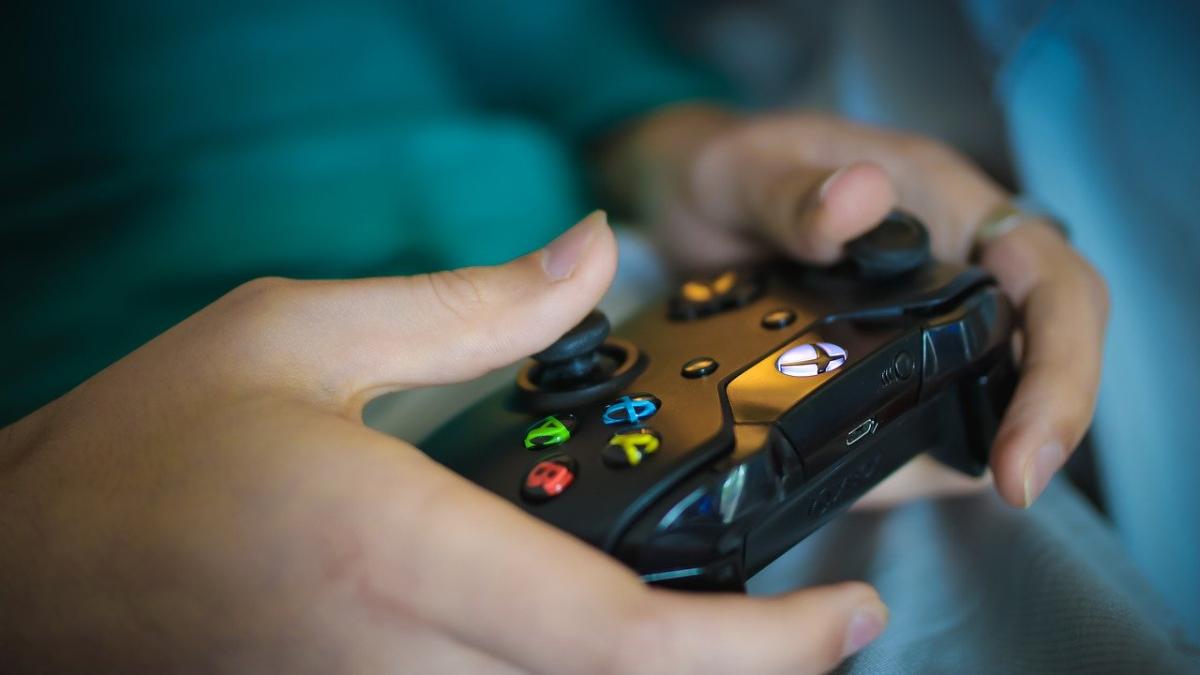
Beyond Entertainment: Gaming’s Influence on Society
In recent decades, the world of gaming has transcended mere entertainment, evolving into a force that profoundly shapes society. What was once considered a solitary pastime has transformed into a cultural phenomenon that impacts individuals, communities, and even broader global dynamics. The influence of gaming now extends far beyond the confines of leisure, leaving an indelible mark on various aspects of our lives https://gohelpfund.com/.
Gaming as a Social Fabric
Gone are the days when gaming was confined to a single player with a console. Today, gaming fosters social connections and community building on an unprecedented scale. Online multiplayer games serve as virtual meeting places where friendships are forged and camaraderie is built. Whether it’s teaming up to defeat a common enemy or collaborating in complex virtual worlds, these interactions cultivate teamwork, communication skills, and strategic thinking among players.
The rise of esports—a competitive form of gaming—has propelled gaming into the realm of professional sports. Massive audiences tune in to watch tournaments, and professional gamers are celebrated like traditional athletes. This evolution has given rise to a new wave of career opportunities, where individuals can pursue professions as gamers, coaches, streamers, and event organizers, demonstrating that gaming is no longer just a hobby but a viable career path.
Educational Value of Gaming
Contrary to the stereotype of gaming as a distraction from learning, it has demonstrated significant potential as an educational tool. Game-based learning is increasingly utilized in classrooms worldwide, leveraging the inherent engagement of games to teach various subjects. These educational games stimulate critical thinking, problem-solving, and creativity in students, making learning an interactive and enjoyable experience.
Moreover, simulations and serious games are used in professional training across diverse fields such as medicine, aviation, and the military. These applications allow practitioners to hone their skills in realistic scenarios, ultimately improving performance in their respective domains.
Gaming’s Impact on Technology and Innovation
The gaming industry has been a hotbed of technological innovation, pushing the boundaries of hardware and software development. High-performance graphics, virtual reality, augmented reality, and sophisticated artificial intelligence developed for games often find their way into other industries. These advancements have far-reaching implications, from enhancing medical procedures through VR simulations to revolutionizing how we interact with technology in our daily lives.
Addressing Social Issues and Advocacy through Gaming
Beyond technology and education, gaming has emerged as a platform for addressing social issues and advocating for change. Game developers are increasingly using their creations to raise awareness about important causes, shedding light on topics such as mental health, environmental conservation, social justice, and inclusivity. Games like “That Dragon, Cancer” and “Life is Strange” have touched on sensitive topics, fostering empathy and understanding among players.
The Challenges and Responsibility
However, gaming’s influence is not without its challenges. Concerns about gaming addiction, online toxicity, and the negative impact of excessive screen time persist. Developers, communities, and policymakers face the responsibility of ensuring responsible gaming practices, promoting healthy engagement, and safeguarding the well-being of players.
The influence of gaming on society is multifaceted, touching upon aspects of social interaction, education, technology, advocacy, and more. Its evolution from a leisure activity to a cultural force underscores its significance in shaping the world we live in. As we navigate this evolving landscape, acknowledging and harnessing the positive potential of gaming while addressing its challenges will be crucial in leveraging its influence for the betterment of society.